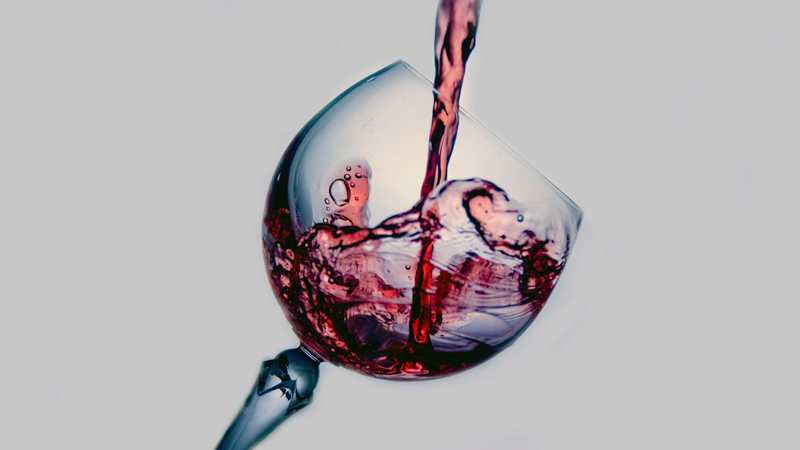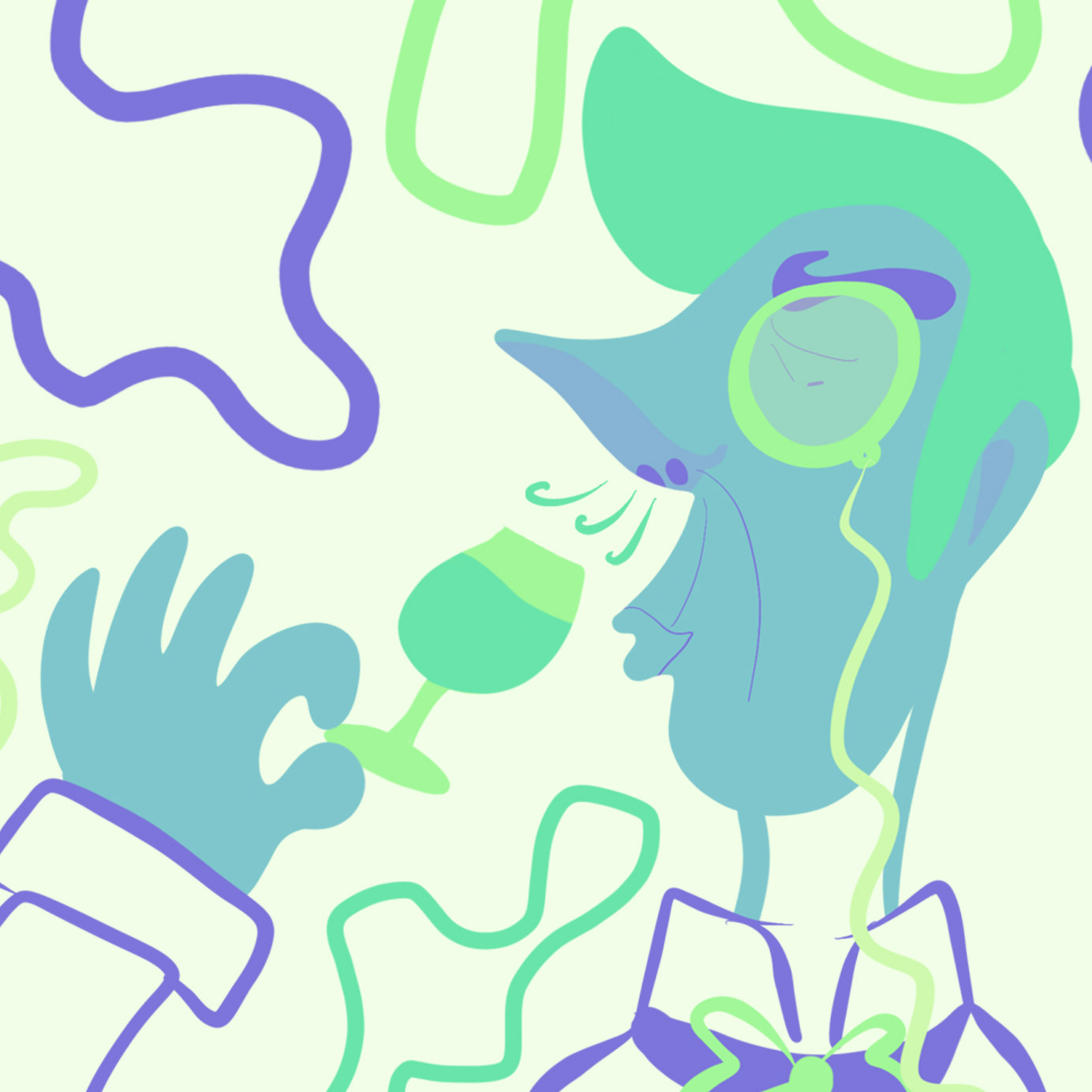
Are you worried that you might be turning into a little bit of a wine snob? Do your friends worry, before they bring a bottle over to your place, that it won’t meet your standards? Do you maybe get a little over-enthusiastic when it comes to the wines you love, at the expense of, well, anything else? Are you beginning to accrue the kind of reputation, when it comes to wine, that you never wanted or asked for?
If that’s the case, then I have some good news for you, which is that wine snobs are great! You just need to be the right kind of wine snob — the kind of person who makes people happy, rather than the kind of person who makes people feel inadequate and insecure.
After all, the only thing that compares to the feeling of being able to share your love of wine with someone else is the joy of getting excited about wine for the first time. When both happen at the same time, the experience on both sides can be truly magical.
How do you make such magic happen? In a word, you need to become an oenopath. Don’t bother looking it up; you won’t find it in any dictionary. But it’s a real thing, all the same, and all great sommeliers have it.
It’s the art of tasting wine through someone else’s mouth — of understanding what they like and dislike, and of being able to steer them toward wines they’re going to love even more (and, ideally, that you love, too).

The first rule of being a good wine snob, then, is to never, ever tell someone they’re wrong, or even to remotely give them that impression. Whatever wine they like is the starting point, a place from which to embark upon exciting explorations. Try and work out what it is they’re enjoying in the wine and why, even if you don’t much love the juice yourself. Then start drinking other bottles along those lines. Explore. Get adventurous. Feel free to make mistakes, but just be sure to listen: When they tell you they don’t like something, believe them. Their taste is not yours, and it’s not your job to make them love what you love. It’s your job to help them find what they love.
In that sense, a good wine snob is like an unconstrained sommelier. A somm needs to deduce someone’s tastes in a matter of seconds while also trying to help the restaurant pay its rent. You, on the other hand, have all the time in the world to talk to your friends, to understand what they like, and to inculcate them in the ways of vinous beauty.
One great move, if you can do it, is to initially try to go down in price, rather than up, from whatever starting point your friend is at. The great fear of non-snobs is that getting into wine is expensive; the best way to diffuse that fear is to show them that when someone has a bit of confidence about what they like, they can end up finding bargains and ultimately spending less than they were before. (If you’re lucky enough to be near a wine merchant selling really good box wine, then take full advantage of that.)
Also, take your time. Don’t try to run before you can walk; let people learn and develop at their own pace. After all, you took many years to develop your current tastes. The journey is part of the fun, and if it takes a decade before your friend really starts appreciating any white wine at all, that’s fine. It’ll happen eventually.
Wine is the most social of drinks, and also the most context-dependent. Enthusiasm tends to be contagious, if it’s joyous and non-judgmental, which is great for everybody.
The very best thing about oenopathy is that it will inevitably end up broadening your own horizons, too. When you start tasting wine as others taste it, you’ll invariably discover new grapes, new regions, new dimensions to wines you thought you knew. Your friends might not know much about wine, but you’d be surprised how much they can teach you, all the same.
